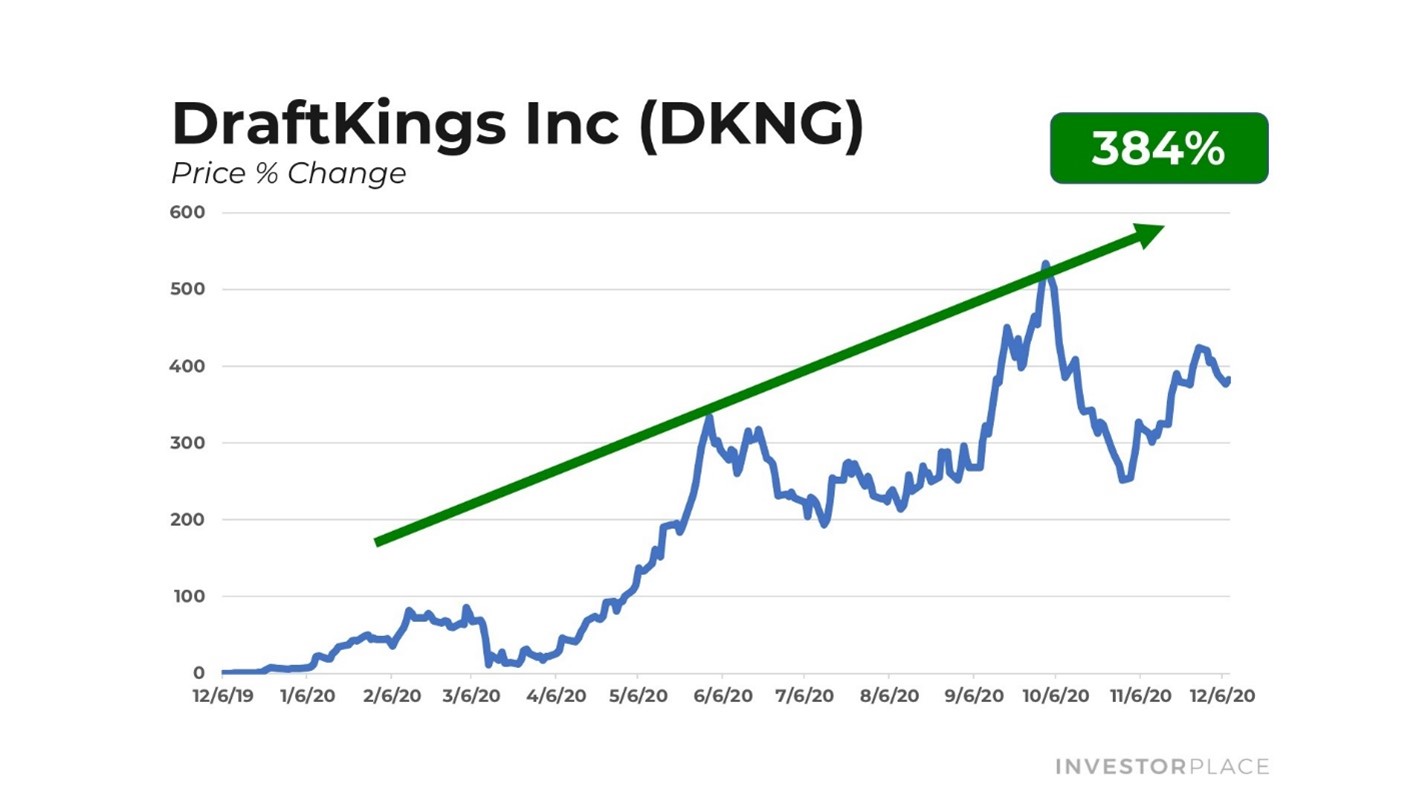

It also developed a new model of its lidar, approximately one-third the size of the previous model. In July 2019, Luminar raised $100 million in additional funding, bringing total capital raised to more than $250 million. Īudi AID (Autonomous Intelligent Driving) announced a partnership with Luminar in December 2018, selecting Luminar's lidar due to its longer 250-meter range and high resolution. Volvo also announced that Luminar was the recipient of Volvo's first investment of an undisclosed amount from its newly established venture capital program, the Volvo Cars Tech Fund.
LUMINAR STOCK PROJECTION SOFTWARE
It can receive wireless software upgrades and interface with Volvo's automatic safety features, like automatic emergency braking. Luminar's lidar for Volvo is the approximate size of a VHS, optimized for highway driving, and integrated into a car's roof just above the windshield. In June 2018, Volvo and Luminar announced a partnership for Luminar to provide lidar technology for Volvo's self-driving cars planned for the 2022 model year. Former Uber executive Brent Schwarz joined Luminar as head of business development in September 2018. The company added a Colorado Springs location in April 2018 when it acquired Black Forest Engineering, a company that specializes in high-performance indium gallium arsenide (InGaAs) receivers. īy 2018, Luminar was on its seventh-generation application-specific integrated circuit (ASIC) design, and it had a fully integrated technology stack. TRI used Luminar devices in its Platform 2.1 test vehicles, a fleet of self-driving Lexus sedans. In September 2017, Luminar announced a partnership with the Toyota Research Institute (TRI), the research and development arm of Toyota focused on autonomous vehicles, AI, and robotics.

The capital was earmarked to set up a factory in Orlando to manufacture 10,000 automotive lidar devices.
LUMINAR STOCK PROJECTION SERIES
Luminar emerged from stealth mode in April 2017 and received $36 million in series A funding. 2017–2019: Funding and initial partnerships

Luminar's infrared range can be used at power levels 40 times those permitted for the standard wavelength without endangering eyesight, increasing its resolution especially at distances over 200 meters. This moved the lidar signal out of the range of visible light, making it safe for human eyes even at higher power levels. Luminar's lidar operates in the infrared range at 1,550 nanometers (153 terahertz), rather than the usual 905 nanometers. To increase the time automotive lidar provides for a vehicle to react safely from one second to seven seconds at highway speeds, in 2013 Luminar decided to reevaluate the standard operating wavelength for lidar systems. Russell's goal was to develop lidar technology with improved resolution and range by having Luminar fabricate many components in-house, rather than relying on off-the-shelf devices. The company spent its first five years in stealth mode. Shortly afterwards, Jason Eichenholz joined the company in Orlando as chief technology officer and co-founder. History 2012–2017: Deep stealth Īustin Russell, a 2013 Thiel Fellow, founded Luminar in California in 2012, at the age of 17. The company's headquarters and main research and development facilities are in Orlando, Florida a second major office is located in Palo Alto, California. is an American technology company that develops vision-based lidar and machine perception technologies, primarily for self-driving cars.


 0 kommentar(er)
0 kommentar(er)
